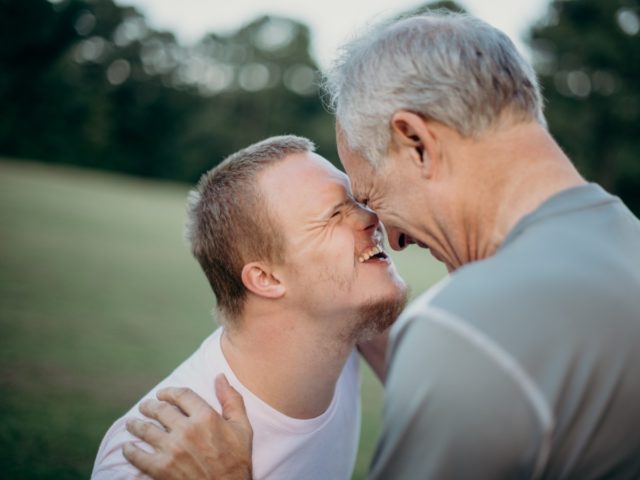A group of leading scholars and bioethicists have issued a joint statement reaffirming the inestimable value of all human life and urging against discrimination toward the elderly or the disabled during the coronavirus pandemic.
The scholars, a number of whom have served on the U.S. President’s Council for Bioethics, insist that the reasonable allocation of scarce resources should never “undermine a core conviction of our moral tradition, viz., that the lives of all human beings are of inherent, equal, and indeed incalculable value.”
There may be valid reasons to give priority to health care workers or others, the statement declares, yet “this hardly means that their lives are more valuable or more important than the lives of their patients.”
“We must be vigilant to ensure that the coronavirus crisis does not lead to any cheapening of the value and dignity of each individual human being’s life,” the signers urge.
“This must especially be kept in mind in thinking about health care allocation for the elderly and disabled once this pandemic has passed,” the authors state. “The elderly are not owed less because of their age; nor are the disabled to be given a lesser share of the healthcare resources to which all are entitled. We need to emerge from the pandemic with these principles intact.”
In their text, the ethicists caution against a utilitarian “life-years” approach that could cheapen the values of the elderly by systematically sacrificing them for the sake of the young.
“What lesson would people draw from this, and what attitudes might it entrench?” the authors ask. In a culture like our in which youth is worshiped and the natural effects of age are despised, we may fall into “a pattern of thinking of the elderly as a ‘burden’—on themselves and on us.”
“We already have political movements and, in some places, laws and policies that would permit or encourage assisted suicide or euthanasia for those with lives judged no longer ‘worth living’ or ‘burdensome’ to society, including the frail elderly,” the statement cautions.
Since all lives are of equal dignity, the young and the old, “we should focus on the benefits of treatment during this pandemic by prioritizing those with the most profound needs and those who are most likely to survive the treatment,” the authors note.
“Rather than claiming to maximize benefits by attempting to calculate the number of ‘life-years’ we can maximize,” they add, we should focus on the “patient’s objective clinical state, as best it can be assessed, for example by using a clinical scoring system to determine who has the best chance at survival.”
“In the next few weeks, as the pandemic perhaps reaches its zenith, we will have the opportunity to decide once again what sort of society we intend to be,” the scholars conclude. “We should eschew all invidious discrimination and recommit ourselves to treating all who are ill as bearers of profound, inherent, and equal worth and dignity.”

COMMENTS
Please let us know if you're having issues with commenting.